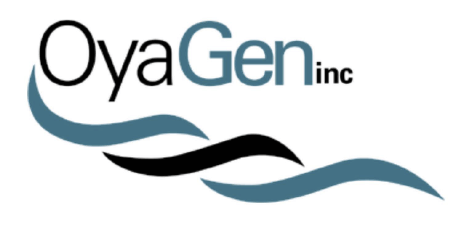OyaGen News
UR Invests in Anti-HIV Startup
Michael Wentzel, Staff writer, Rochester Democrat and Chronicle
January 12, 2004
A seed fund organized by the University of Rochester and the Trillium Group will invest in a start-up company developing a new kind of treatment to stop the virus that causes AIDS.
The company — OyaGen Inc. — is based on research by Dr. Harold Smith, UR professor of biochemistry and biophysics who is OyaGen’s founder and chief scientific officer, and by Dr. Hui Zhang, an HIV researcher at Thomas Jefferson University in Philadelphia.
OyaGen is the second start-up company supported by the University Technology Seed Fund.
The fund has raised $6 million and is investing in promising companies, said José Coronas, general partner of Trillium Group, the fund manager of the University Technology Seed Fund.
“OyaGen has a potentially very valuable technology,” Coronas said.
If research and clinical trials are successful, an HIV treatment could be ready by 2010, according to a Trillium press release.
The research, conducted so far primarily on cells in the lab, centers on an enzyme called CEM15, which is produced by human immune system cells and is able to kill a wide range of viruses.
CEM15, which is known as an “editing enzyme,” can slip inside a virus as it is being assembled and attack or alter its DNA. The enzyme “edits” by making chemical changes to the genetic instructions that allow the virus to replicate. With the DNA garbled, the virus can no longer replicate and infect other cells.
HIV, however, has the ability to disable CEM15. It releases a protein that prevents CEM15 from working. With the editing enzyme neutralized, HIV is able to infect cells and replicate freely, eventually overwhelming the immune system and leading to death.
Researchers at OyaGen are testing a potential drug designed to prevent the technique utilized by HIV to disable CEM15. In lab tests on HIV-infected cells, the drug shielded CEM15 and enabled it to function, according to information provided by Trillium. The spread of the infection to other cells was nearly halted.
Studies seeking a variation of the drug, that is less likely to have side effects, will begin within the year. The researchers also will attempt to deliver additional CEM15 directly to cells in an effort to provide enough of the enzyme to overwhelm HIV’s disabling proteins and allow CEM15 to attack the virus’ DNA
.
The initial investment in OyaGen will fund business development and animal research. Coronas declined to say how much was invested, but said it was several hundred thousand dollars. The group also will seek other investors and perhaps a pharmaceutical company partner, Coronas said.
Members of the Trillium Venture Development Team will serve as interim executive managers and William Carpenter, former chairman and chief executive officer of Bausch & Lomb Inc., is on the OyaGen board of directors.
Lumetrics Inc., a Rochester-based optical measurement device company, was the first investment by the University Technology Seed Fund.
